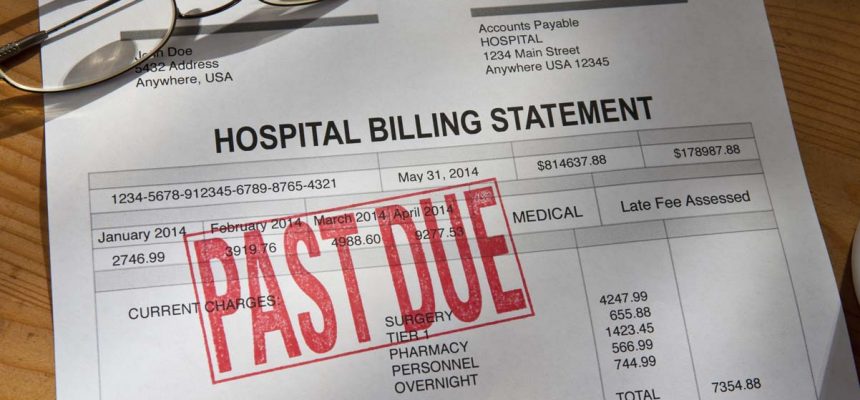Author Highlights Trends For PA Consumers
By Consumers For Quality Care, on April 30, 2019

In a recent article, reporter Sarah Gantz highlighted the major trends she’s seen in the year since she began examining Philadelphia consumers’ medical bills for The Inquirer’s Philly Health Costs project.
I’ve talked to insurers, hospitals, economists and analysts about the problems you’ve experienced; and written about what I found out. Everyone seems to have a medical bill horror story, and although they’re each unique, there are some common themes.
Gantz says that the project began because, as out-of-pocket expenses for health care increase, consumers need and should be able to fairly predict what a service will cost them. However, comparison shopping is rarely a possibility for health care consumers. Gantz found that part of the reason is that it is “virtually impossible” to understand what care may cost.
Understanding health costs after the fact is equally difficult. In part, this is because of the large variance in what consumers pay. Not understanding medical bills makes it difficult to spot errors and even more difficult to have these errors corrected. Estimates show that as many as one in five medical bills is incorrect, says Gantz.
Too often, patients aren’t taken seriously when they question their bills. Instead of getting an explanation of the charge, they’re simply told, “No, that’s the right amount. You owe it.”
While many consumers do not feel that they have the understanding, time, or clout to deal with billing disputes, they face increased responsibility for challenging the incorrect bills. Gantz notes that many of the individuals she spoke with felt that they were getting nowhere dealing with billing issues on their own. Publicity from The Inquirer often changed that and helped consumers get resolution.
These issues weigh on consumers and can even discourage them from seeking medical care. The Inquirer’s findings align with recent research from Consumers for Quality Care, which found that Americans are almost universally concerned about the cost of their care.
In all, Gantz says that her year of scrutinizing consumers’ medical bills yielded seven major concerns:
- “Prices are arbitrary”
- “Price tools created for consumers aren’t much help”
- “Billing errors are common and hard to get fixed”
- “Being vocal can pay off”
- “Corporate communication needs work”
- “Damaged credit is a real fear”
- “Health costs are toxic”




